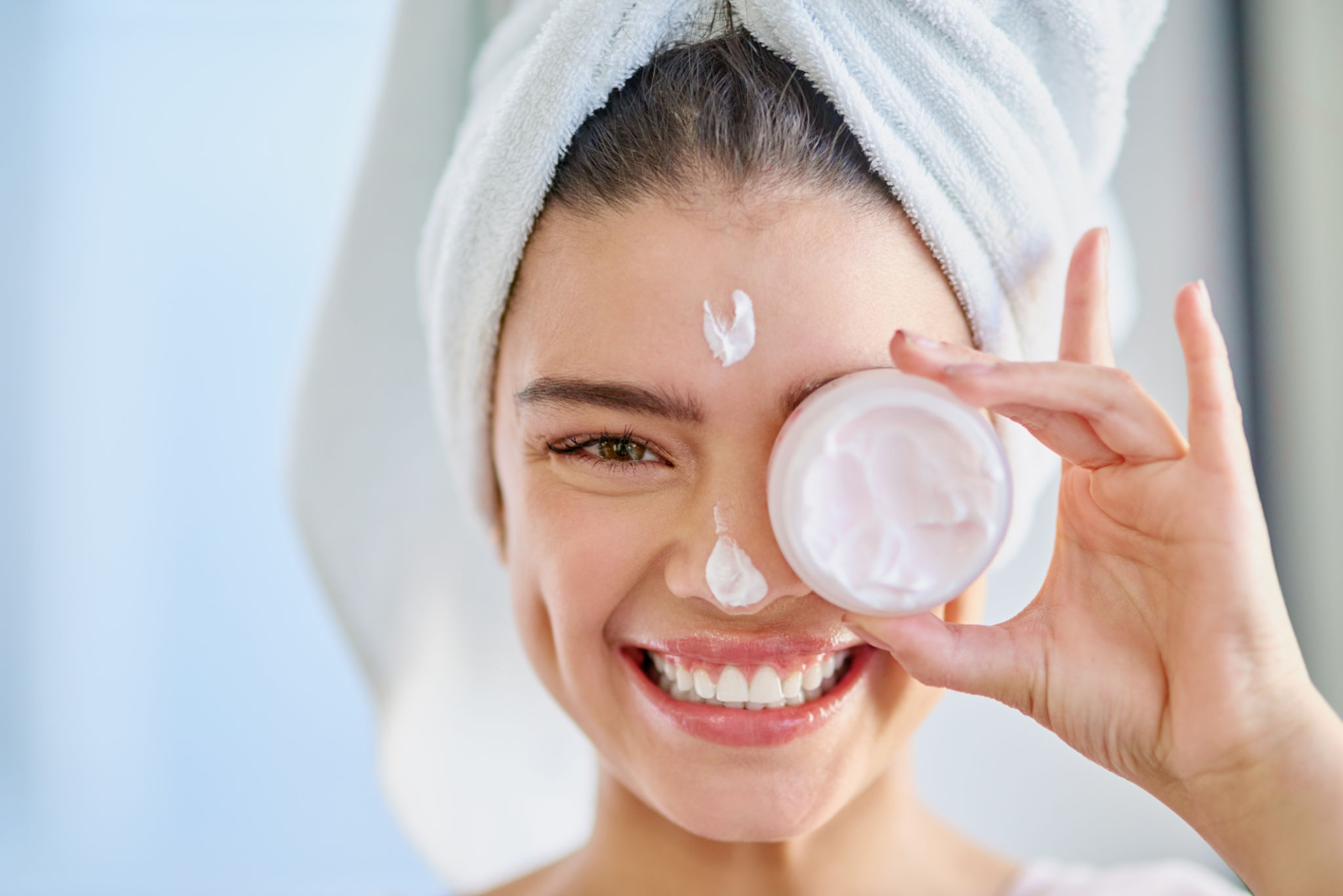Comparing Popular Non-Toxic Products: What Works Best for Your Home?
Introduction to Non-Toxic Products
As more people become conscious of the chemicals in their homes, the demand for non-toxic products is on the rise. Switching to these safer products not only benefits your health but also supports a more sustainable environment. But with so many options available, how do you choose the best ones for your home?
This guide will compare popular non-toxic products across various categories, helping you make informed decisions about what works best for your household needs.

Non-Toxic Cleaning Products
All-Purpose Cleaners
All-purpose cleaners are a staple in any home. Non-toxic versions often use ingredients like vinegar and essential oils to cut through grime without harsh chemicals. Brands like Method and Mrs. Meyer's offer effective cleaning solutions that are gentle on surfaces and safe for your family.
Laundry Detergents
Laundry detergents can contain a variety of harmful chemicals that linger on clothes and irritate sensitive skin. Opting for detergents like Seventh Generation or ECOS provides a gentle clean without compromising on effectiveness. These detergents rely on plant-based ingredients to tackle tough stains while being kind to the environment.

Non-Toxic Personal Care Products
Shampoos and Conditioners
Many conventional shampoos and conditioners contain sulfates, parabens, and synthetic fragrances. Switching to brands like SheaMoisture or Acure, which emphasize natural ingredients, can improve hair health and reduce exposure to harmful chemicals.
Skin Care
When it comes to skincare, choosing non-toxic options is crucial for maintaining healthy skin. Products from companies like Drunk Elephant and Burt's Bees are formulated with natural ingredients that nourish the skin without any harsh additives.

Non-Toxic Kitchenware
Cookware
Traditional non-stick cookware can release toxic fumes when overheated. Opt for alternatives such as cast iron, stainless steel, or ceramic-coated cookware. These materials offer non-toxic cooking options that are durable and versatile.
Food Storage
Plastic containers often contain BPA or other harmful chemicals that can leach into food. Glass or stainless steel containers from brands like Pyrex or LunchBots provide safe storage solutions that keep your food fresh without the risk of contamination.

Conclusion: Making the Switch
Transitioning to non-toxic products is a beneficial step for both your health and the environment. By carefully selecting products in various categories, you can create a safer home environment without sacrificing quality or performance.
Remember, the key is to gradually replace conventional products with non-toxic alternatives that fit your lifestyle and needs. Start with areas that matter most to you and expand from there, ensuring a healthier home for you and your family.
